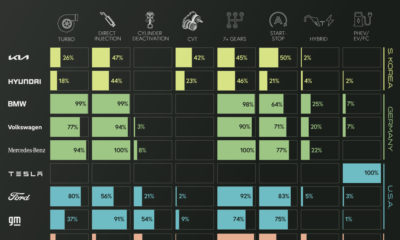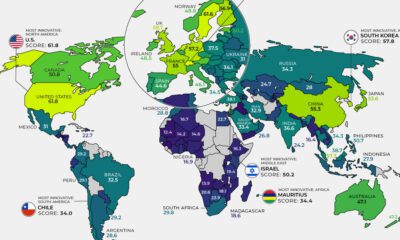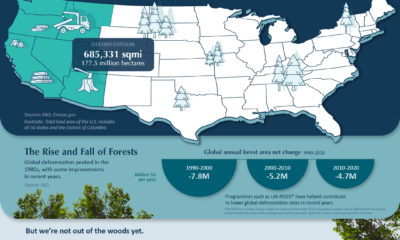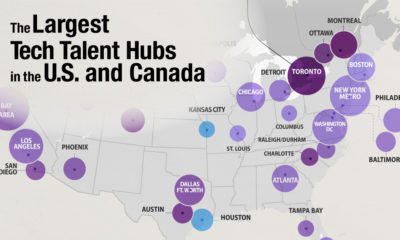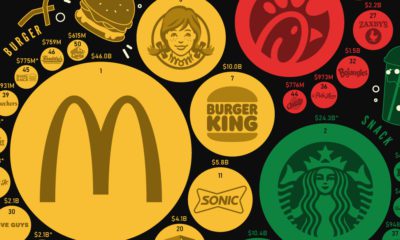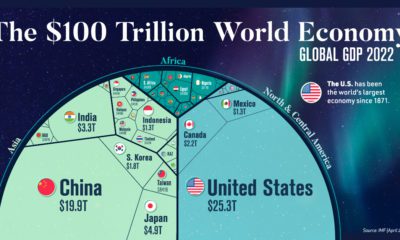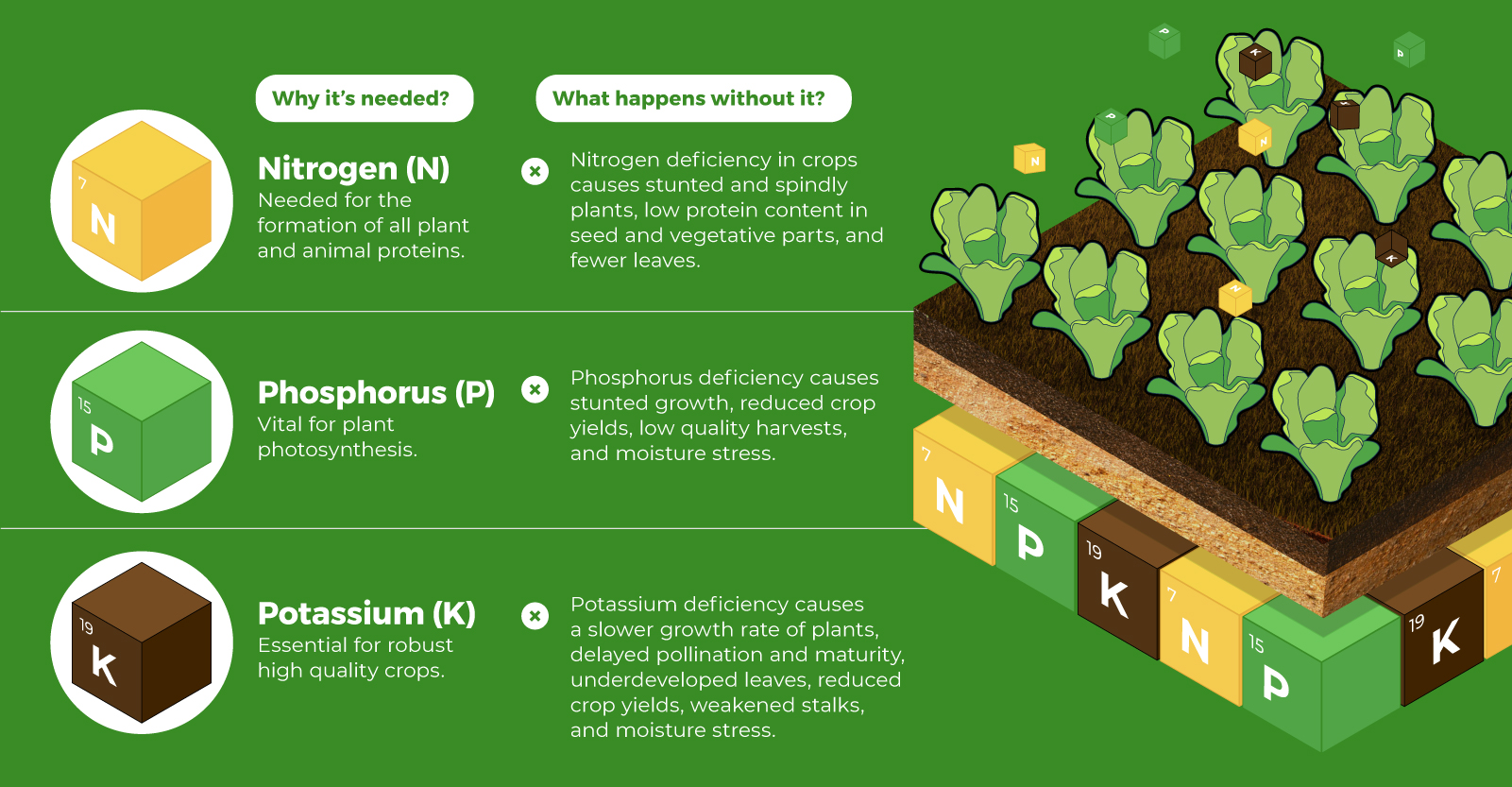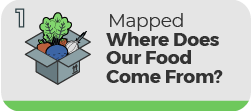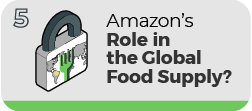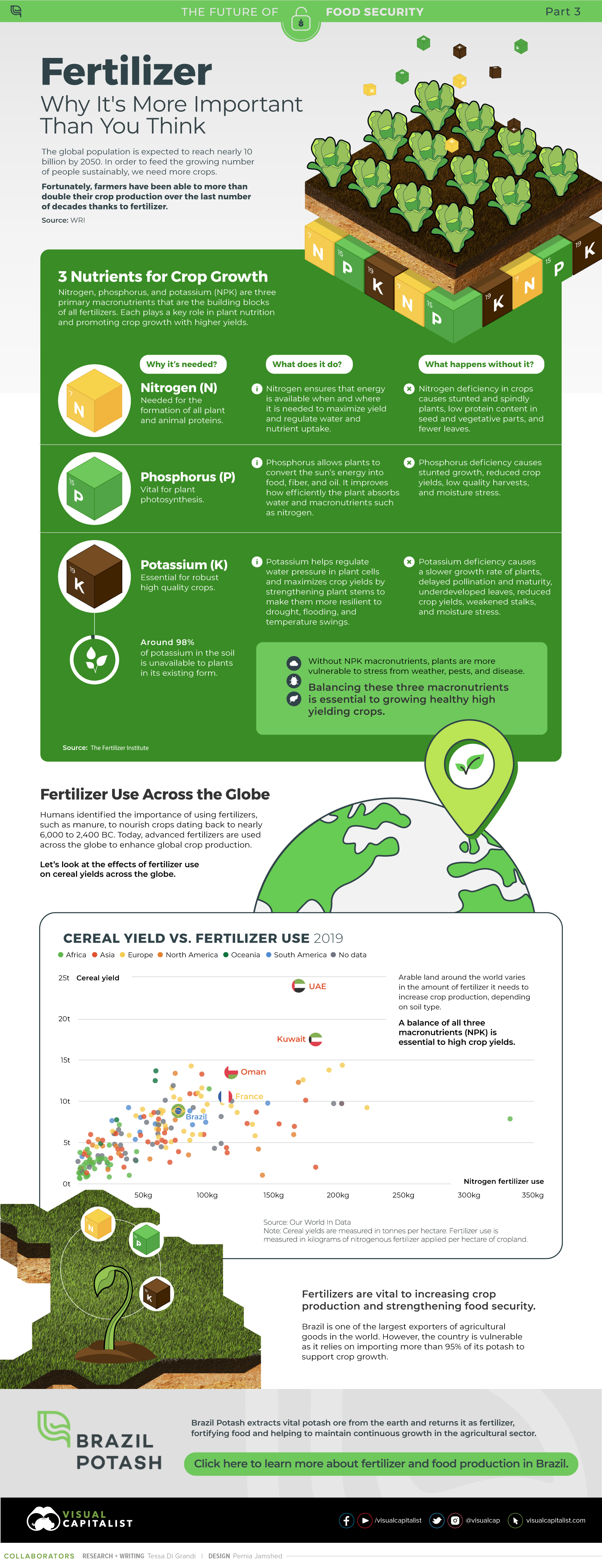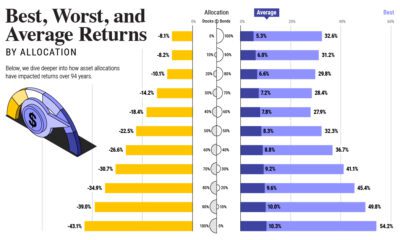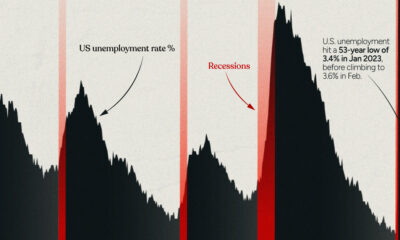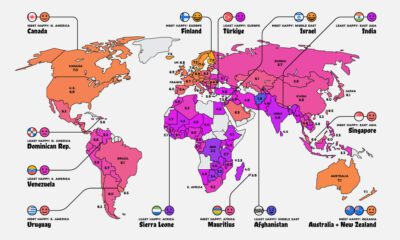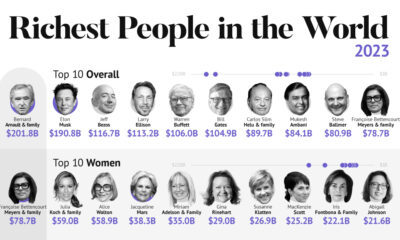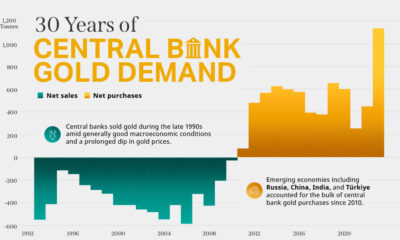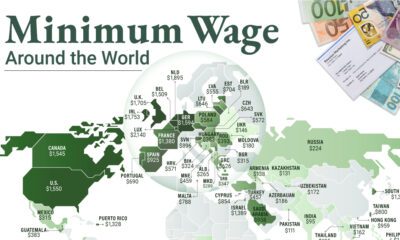Whether it’s from the perspective of environmental impact, cruelty to animals, or health benefits, meatless diets are quickly becoming a new normal for people around the world—but where did it all begin? Today’s infographic unearths the origins of vegetarianism and explores how the industry erupted into a lucrative web of sub-categories that are whetting the appetite of investors the world over.
The Origins of the Meat-Free Diet
Taking a holistic view of vegetarianism, there are several different diets that people typically adhere to. A vegetarian for example, doesn’t eat meat but still consumes animal products such as dairy and eggs. On the other hand, a vegan eats a strictly plant-based diet. With 70% of the global population now reducing their meat intake, veganism has become a lifestyle choice for many. By 2026, the global market is projected to be worth over $24 billion. While this seems like a relatively new phenomenon, the meatless revolution has been quietly building for almost two centuries.
1847: The first vegetarian society is formed in England 1898: The world’s first vegetarian restaurant opens in Switzerland 1944: The term “vegan” is coined 1994: The first World Vegan Day is introduced 2014: Influential breakout documentary Cowspiracy is released 2017: 6% of the entire U.S. population claim to be vegan 2018: Roughly 8% of the global population claim to eat plant-based 2020: Acceptance of plant-based diets by both the medical community and general public is at an all-time high
Although vegetarian and vegan diets were once heavily stigmatized, global support is now growing.
Towards a Plant-Based Future
Today, people in dozens of countries are making big strides towards plant-based lifestyles. China, for example, introduced guidelines to help its population of 1.3 billion people reduce their meat consumption by 50%. These ambitious goals will be driven by consumer’s growing understanding of the positive impacts of eating less meat, such as:
Health benefits According to the American Heart Association, reducing meat intake could reduce the risk of stroke, high blood pressure, type 2 diabetes, and even certain cancers. Environmental impact Animal agriculture creates more greenhouse gases than the world’s entire transportation systems combined, but shifting to a plant-based diet could significantly reduce this problem. Animal welfare Roughly two thirds of the 70 billion animals farmed annually are cramped in close quarters and given heavy medication. Plant-based diets eliminate animal suffering while lowering demand for other animal food products.
In fact, if more people commit to embracing a plant-based lifestyle, it could result in up to $31 trillion—or 13% of global GDP—in savings for the economy.
Big Players Fight For a Piece of the Pie
Given the newfound consumer demand for meat alternatives, it’s no surprise that global companies are clamouring to enter the market. Many established food companies such as Nestlé and Danone are either advancing their own formula for plant-based proteins, or acquiring companies with existing experience. Meanwhile, fast food chain McDonald’s features vegan products as permanent staple on their menu, and report an 80% uplift in customers buying these products in certain countries.
Big Meat Shifts Gears
As new players in the space attempt to cut into the $1.8 trillion global meat market, big meat companies are responding in kind. Tycoons such as Tyson Foods and Cargill are placing bets on plant-based startups and filling shelves with their own plant-based products. But while plant-based products created by traditional meat companies may appeal to less rigid flexitarians, vegans and vegetarians may not accept them so readily due to their strong ethics.
Food For Thought
Along with the uncertainty of how these products will be received, there are other challenges that the market must overcome in order to be considered truly accessible. For instance, plant-based alternatives boast higher price points than their predecessor’s products, which may deter consumers from entering en masse. Regardless, it is clear that the shift to plant-based diets is a disruptive force that could change the food industry over the long term. Early movers are dangling a golden carrot in front of investors—but will they take a bite? on Over recent decades, farmers have been able to more than double their production of crops thanks to fertilizers and the vital nutrients they contain. When crops are harvested, the essential nutrients are taken away with them to the dining table, resulting in the depletion of these nutrients in the soil. To replenish these nutrients, fertilizers are needed, and the cycle continues. The above infographic by Brazil Potash shows the role that each macronutrient plays in growing healthy, high-yielding crops.
Food for Growth
Nitrogen, phosphorus, and potassium (NPK) are three primary macronutrients that are the building blocks of the global fertilizer industry. Each plays a key role in plant nutrition and promoting crop growth with higher yields. Let’s take a look at how each macronutrient affects plant growth. If crops lack NPK macronutrients, they become vulnerable to various stresses caused by weather conditions, pests, and diseases. Therefore, it is crucial to maintain a balance of all three macronutrients for the production of healthy, high-yielding crops.
The Importance of Fertilizers
Humans identified the importance of using fertilizers, such as manure, to nourish crops dating back to nearly 6,000 to 2,400 BC. As agriculture became more intensive and large-scale, farmers began to experiment with different types of fertilizers. Today advanced chemical fertilizers are used across the globe to enhance global crop production. There are a myriad of factors that affect soil type, and so the farmable land must have a healthy balance of all three macronutrients to support high-yielding, healthy crops. Consequently, arable land around the world varies in the amount and type of fertilizer it needs. Fertilizers play an integral role in strengthening food security, and a supply of locally available fertilizer is needed in supporting global food systems in an ever-growing world. Brazil is one of the largest exporters of agricultural goods in the world. However, the country is vulnerable as it relies on importing more than 95% of its potash to support crop growth. Brazil Potash is developing a new potash project in Brazil to ensure a stable domestic source of this nutrient-rich fertilizer critical for global food security. Click here to learn more about fertilizer and food production in Brazil.
